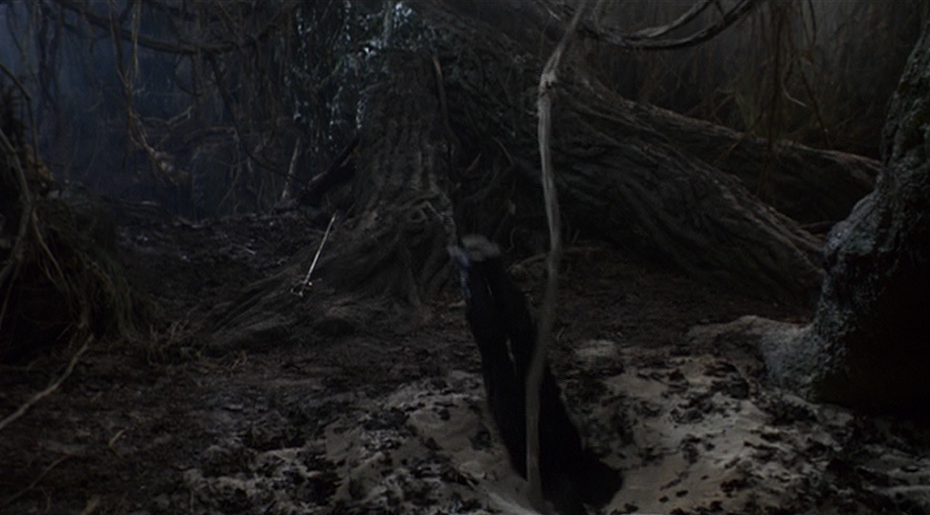I can't find the link
now, but it was one of those lists of “the 10 best young writers
you've never heard of” or some such. Because I often find literary
fiction exhaustingly pretentious and dull, I had indeed never heard
of any of them; because I am a sucker who keeps hoping to find the
latest metaphor-ridden fiction by straight white cis people as
mindblowing as the literary establishment tells me it is, I decided
to try reading some of them.
My first choice was
Unclean Jobs for Women and Girls by
Alissa Nutting. I have mixed feelings about the short story as a
genre. There seems to be a specific niche for collections of spec-fic-ish short
stories that amount to little more than, “Say, look at this idea!
Isn't it WACKY?!” For maybe two or three of the stories, it's
striking enough to hold my attention, but somewhere along the way I
start to feel like I'm listening to an Oingo Boingo album or teaching
a class of six-year-olds: everything is trying a little too hard to
get my attention, but doesn't actually have anything of substance to
say to me, and I just want to go read long Russian novels and listen
to Vivaldi for a while to recover.
I
had hoped that Unclean Jobs would be an exception, based
solely on the title. It sounded like it would have good feminist
cred. It was a book of short stories about women, right? It would use
skewed, magical-realist worlds to make trenchant, blistering
commentary on our society's sexist hegemony, double-standards, and
impossible expectations of female humans. It would be great.
And,
if you were so inclined, I'm sure you could make an argument that it
does that. Lots
of people
have.
But me? I just couldn't fucking get over the penultimate story in the
collection, which is called “She-Man.”
I
just. Can I count the ways in which this is wrong?
- It's called “She-Man.”
- The narrator opens by telling us, “My boyfriend … doesn't know I'm really a man,” but the rest of the story makes it entirely fucking clear that she isn't “really a man.” She's a woman.
- The narrator refers to her birth-assigned sex as her “gender.” No, she is a woman. Her gender is female.
- The sentence: “The estrogen has done such a great number on my voice.” Estrogen doesn't work like that.
- The focus on make-up and painted nails and “look[ing] put together” (ewww) plays directly into gross transmisogynistic narratives of trans women's femininity being somehow artificial, lurid, or even grotesque.
- Okay, so the whole story is this: Narrator is an ex-prostitute trans woman living stealth. She gets outed and murdered. That's it. That's the whole story. I guess being sex workers and “tricking” cis men are the only two things trans women are allowed to do in fiction?
- I mean, fuck. All the other stories in this book are about grotesque bodies, and most of them involve supernatural or science-fiction goings-on. One story is about a woman whose skeleton houses an ant colony. One story is about a woman who watches her garden gnomes come to life every night and gets off on the sight of them fucking. One story is about a woman who is so consistently off her tits on literally every ingestible substance that she thinks her twit of a rock-star boyfriend knows the way to enlightenment. Apparently a trans woman getting outed and murdered belongs in the same ballpark as all of this.
- Trans women are not “she-men.” Trans women are not “really men.”
- Trans women are women.
- Trans women are women.
- Trans women are fucking women, Jesus Christ.
I
do not in any way understand what Nutting was trying to do with this
story. In a collection of stories that otherwise use improbable
scenarios to lampoon societal expectations of female beauty,
sexuality, and employment, this story doesn't accomplish anything
except be fucking terrible.






